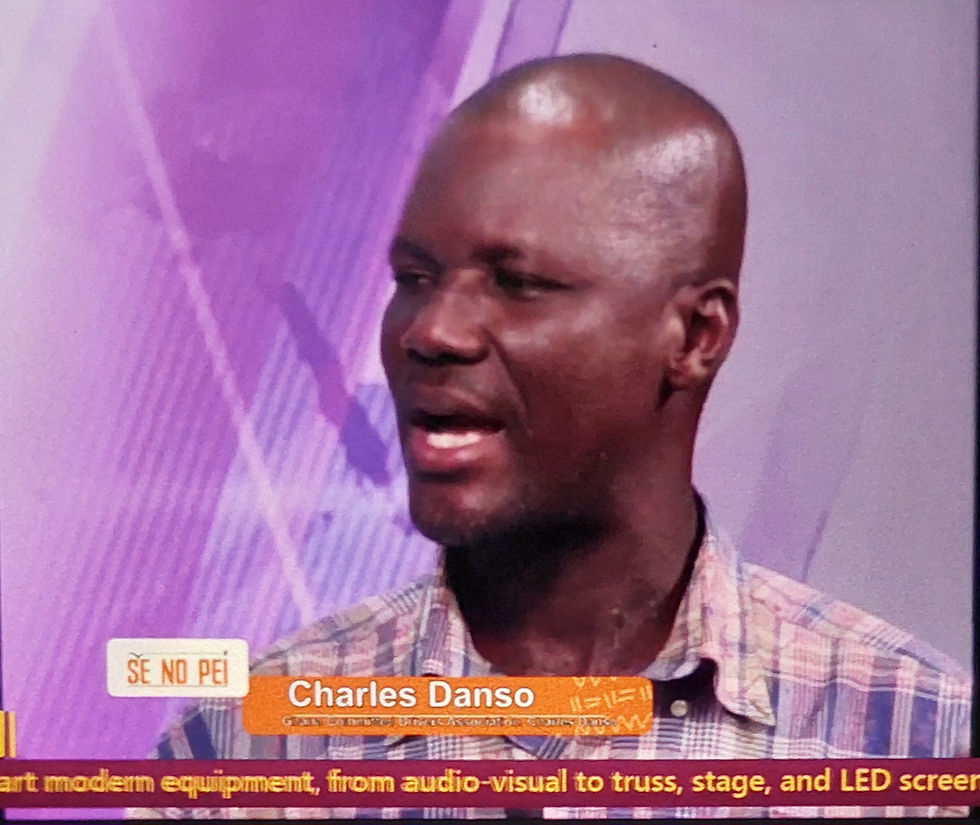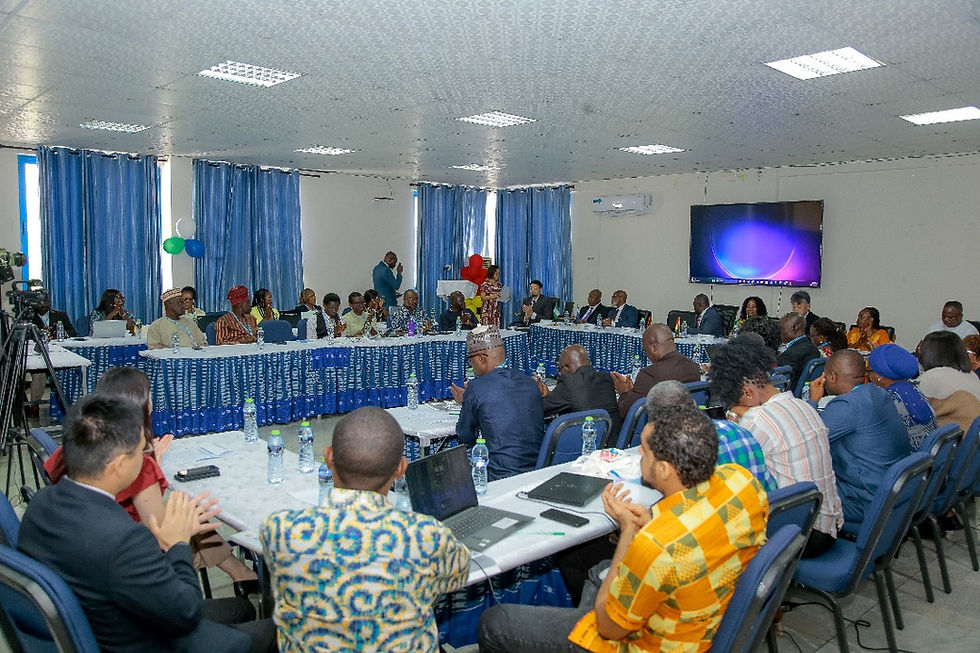Ghana Commuters Drivers Association questions fuel price reductions amid economic concerns
- Think News Online

- Aug 9, 2024
- 2 min read

Charles Danso, Leader of the Ghana Commuters Drivers Association, has expressed skepticism about the recent reduction in fuel prices, questioning the underlying factors behind the changes and raising concerns about the overall fairness of the system.
Speaking on Think Tv's political talk show, SE NO PEI, he noted that the price of fuel at certain Oil Marketing Companies (OMCs) had dropped, with Star Oil, for instance, reducing its price from GHS 13.99 per liter to GHS 13.65.
However, he challenged the stability and sustainability of these reductions, suggesting that the pricing mechanisms may be manipulated.
“When we talk about fuel prices in this country, I can confidently say that it is someone who manipulates the prices,” Danso stated.
He pointed out that the National Petroleum Authority (NPA) often attributes price fluctuations to the rise and fall of the dollar, yet this explanation doesn’t fully account for the inconsistencies in pricing.
According to Mr. Danso, Ghana’s numerous OMCs contribute to a complex pricing environment.
He questioned whether the recent price reduction was a result of a drop in the dollar’s value or changes in the international oil market.
“The most important thing to ask ourselves is what has led to the reduction of the fuel? Has the dollar dropped, or is it from the international market?” he asked.
Mr. Danso also highlighted the lack of transparency and communication regarding price changes.
"It is sad that when the prices shoot up, we do not hear anything. Likewise, when it is being reduced. We are not being fair to ourselves because our currency is not a dollar, but we have priced everything to that currency,” he lamented.
He further criticized the continued payment of levies, such as the Stabilization and Recovery Levy, without seeing tangible benefits.
“We pay these monies, but we are not getting anything. As to whether the price will go up or down again, no one can tell,” Danso remarked, expressing his frustration with the unpredictability of fuel pricing.
He also cautioned against celebrating the reduction in fuel prices prematurely, pointing out that other factors like car prices are on the rise.
"I can't be happy just because fuel prices are down, while that of cars is skyrocketing. We will buy whether they increase or decrease the prices. They can do whatever they want with the prices,” he said.
He explained that the decision to adjust lorry fares is not solely based on fuel prices but takes into account several factors, including the cost of spare parts, depreciation, and inflation.
"We look at 1/3 of all these components before the prices of lorry fares are determined,” he explained, emphasizing that fare adjustments are not straightforward.
Mr. Danso noted that his association operates independently of the Ghana Private Road Transport Union (GPRTU), making it more challenging to implement fare reductions.
“It will be difficult to have prices of fare reduced,” he acknowledged.
Mr. Danso's remarks underscore the complexities surrounding fuel pricing in Ghana and the broader economic challenges that affect both transport operators and consumers.
His call for fairness and transparency in the system reflects a growing concern among stakeholders about the factors influencing fuel prices and their impact on everyday life.
Story by: Joshua Kwabena Smith








Comments